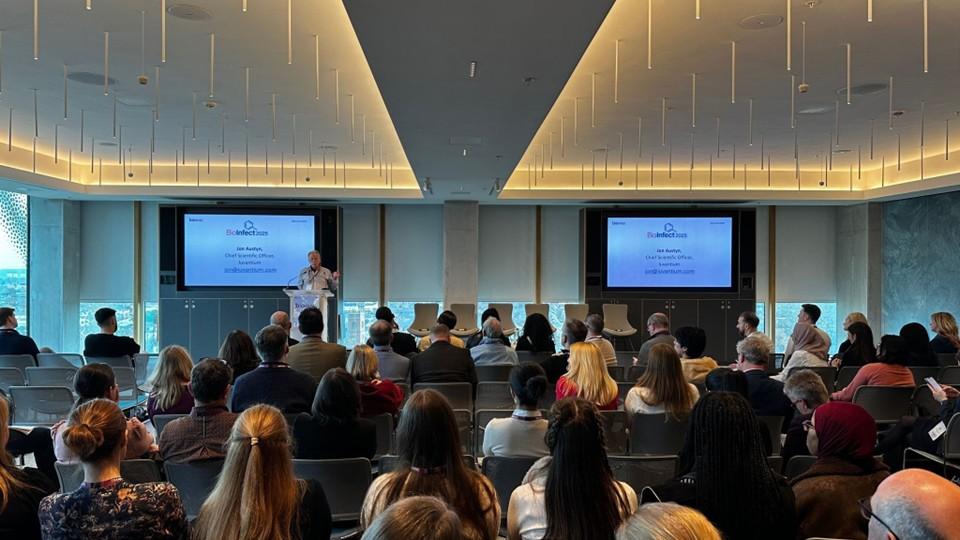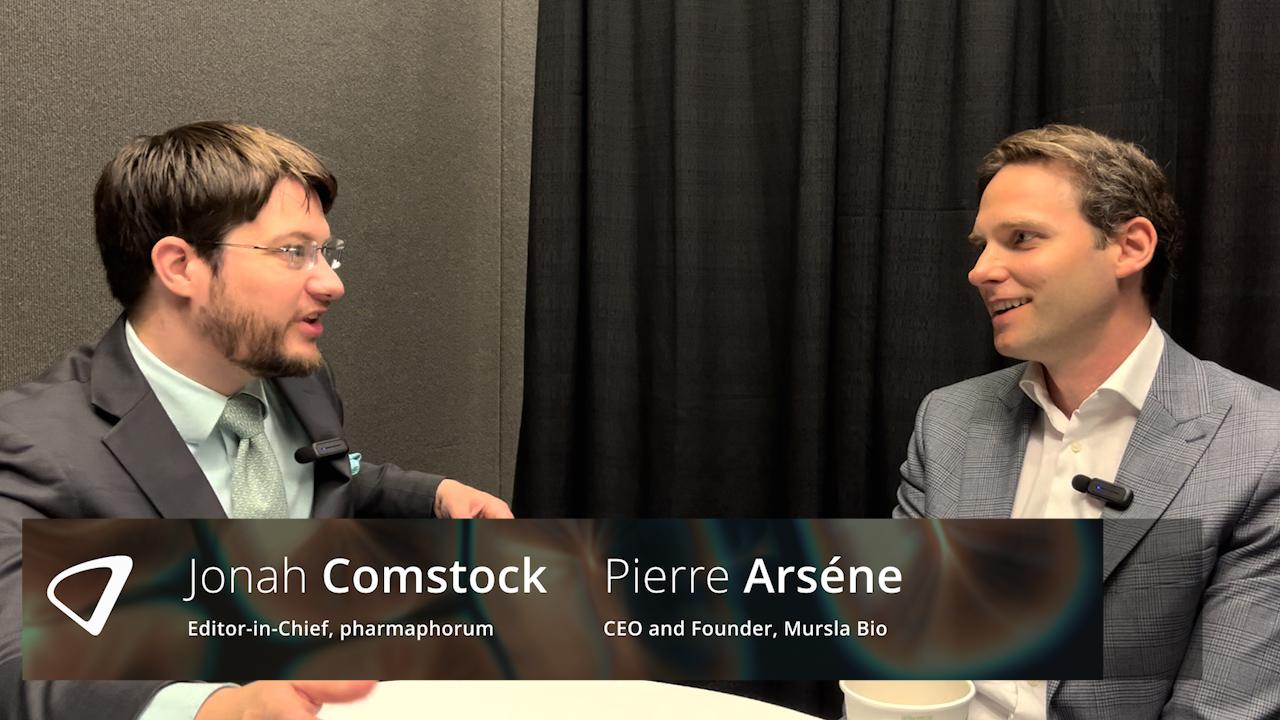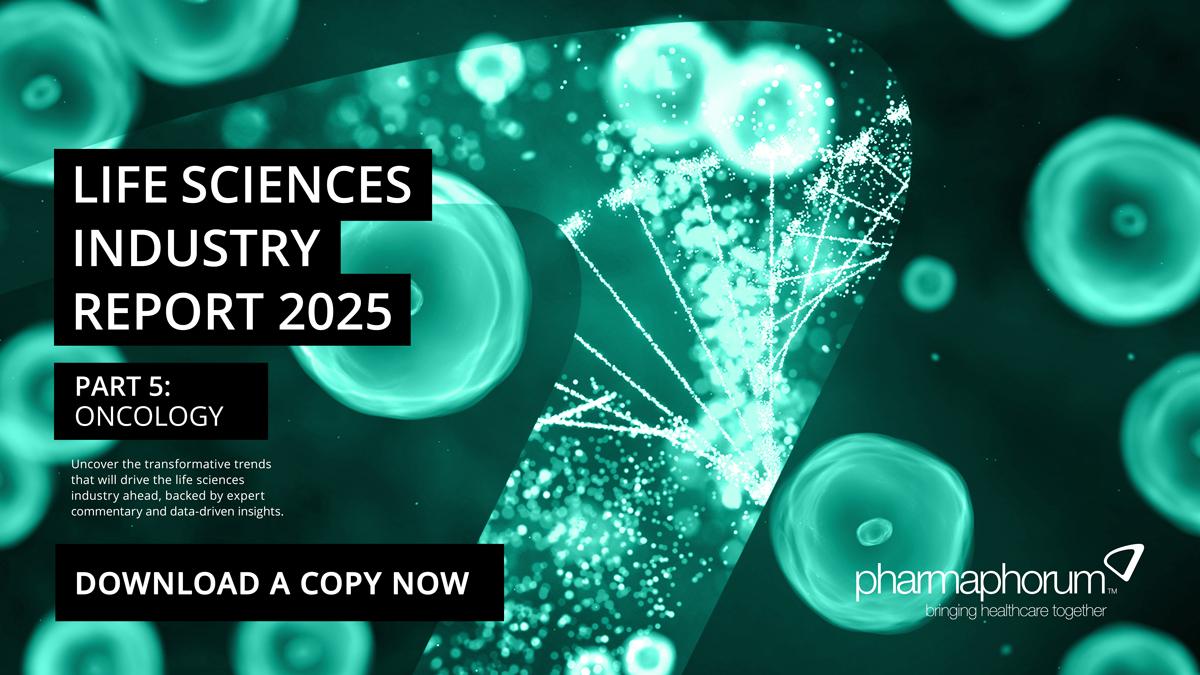Genmab CEO discusses repurposing cancer treatments

Genmab’s CEO Jan van de Winkel has said he would consider spinning out a smaller autoimmune diseases biotech, while ruling out any interest in a merger with big pharma.
In an interview with pharmaphorum, van de Winkel noted that the company’s drugs could be used for diseases outside of cancer, where Copenhagen-based Genmab first made its mark.
A drug it originally developed to treat leukaemia has been repurposed by Novartis as a treatment for multiple sclerosis.
Originally developed with GlaxoSmithKline, ofatumumab was first approved by regulators to treat chronic lymphocytic leukaemia under the brand name Arzerra.
But after acquiring the drug through an asset-swap deal with GlaxoSmithKline in 2015, Novartis exploited the drug’s ability to target B-cells and turned it into an MS therapy under the brand name Kesimpta.
It was approved by in Europe in late March, after the FDA okayed it for the US market last year.
In an interview with pharmaphorum, van de Winkel said he would consider spinning out a specialist firm focused on therapies for autoimmune diseases.
He said: “Some of our drugs are well usable for other fields such as autoimmune diseases, we could maybe spin out an arm of the company focused on another disease area.”
But the overarching strategy is about keeping Genmab as a standalone entity that partners with big pharma rather than pursuing a merger, he said.
Van de Winkel praised the work of Genentech, the US biotech that was bought by Roche in 2009 for nearly $47 billion, but said he intends to keep Genmab as an independent company.
According to van de Winkel California-based Genentech is “fabulous at developing medicines, with a very informal leadership and academic atmosphere. I really admire them for what they have done.”
But he added: “Our ambition is to build an innovation powerhouse on our own. We will build more value by ourselves building an iconic biotech.”
This would also help to counter the imbalance of power in the life sciences world, which is still quite US-centric.
“It would be so good for Europe to have an independent (biotech) company,” said van de Winkel.













